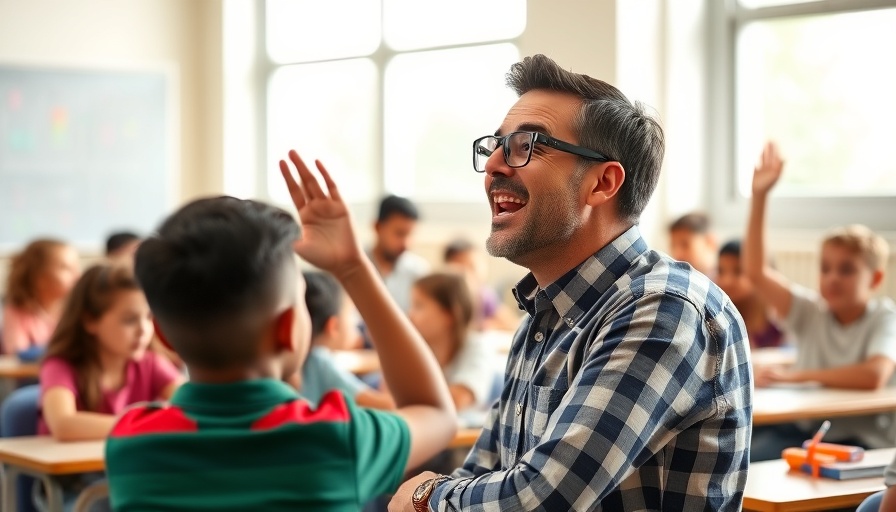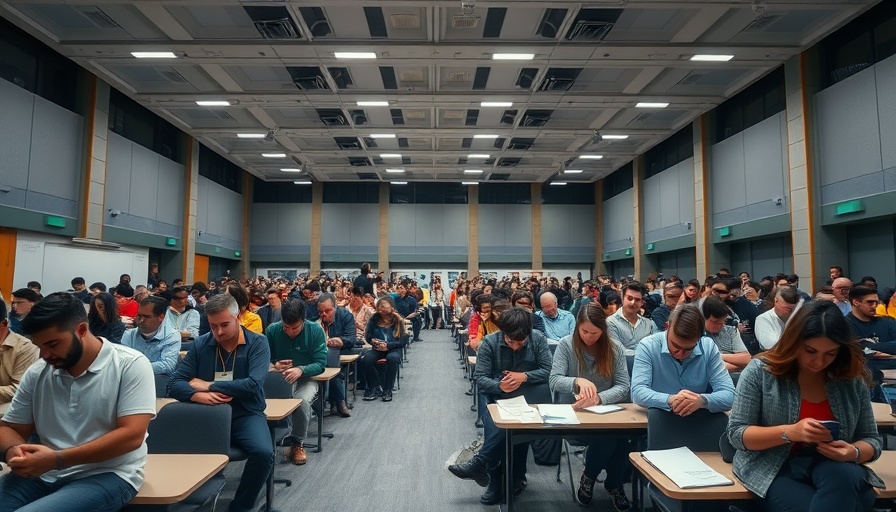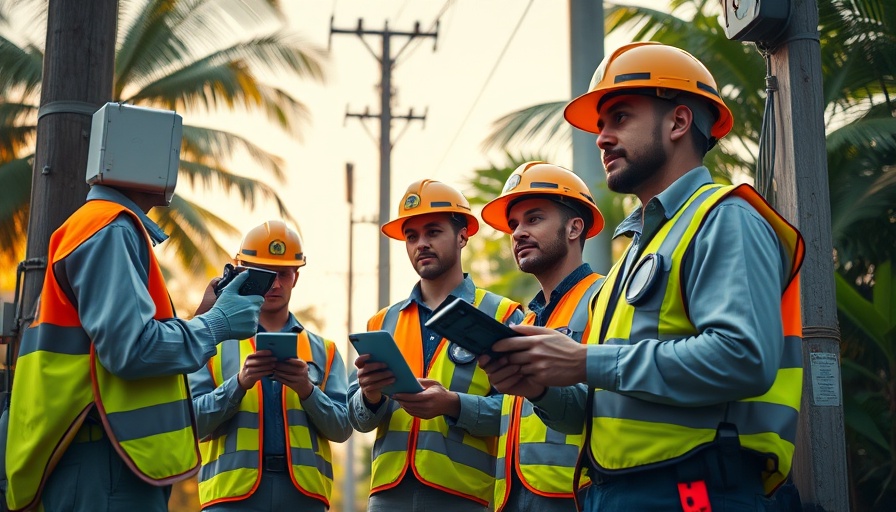
Teaching Beyond Textbooks: The Classroom Reimagined
The world is evolving at a rapid pace, and today’s students must navigate a landscape shaped not just by what’s in their textbooks but by the global events that influence their everyday lives. Teachers like Kishma Isaac are redefining what it means to educate, transitioning classrooms from knowledge hubs to spaces of exploration and critical discussion about current global issues.
Isaac’s approach illustrates why it’s vital for education to go beyond rote learning. For instance, discussions on distant conflicts, like wars in Europe that seemingly have no immediate effect on students in the Caribbean, are explored with real-world applications. Students can link these events to concrete impacts such as rising fuel prices and the economics of tourism—a crucial industry for many Caribbean nations.
Climate Change: The Reality in Our Backyard
Climate change is no longer an abstract concept; it’s an immediate reality for many Caribbean regions. Isaac emphasizes that discussing local challenges helps students develop a deeper understanding of global responsibility. Her lessons connect the dots between severe weather patterns and broader environmental issues, fostering a sense of urgency for students to take action.
Building Resilient Citizens with Technology
Today's youths confront both the promises and pitfalls of technology. With social media and AI shaping their experiences, Isaac emphasizes the importance of responsible tech usage. By educating students on the ethical dimensions of technology, they become equipped not only to leverage these tools but also to navigate the challenges they present.
From Fear to Opportunity: Embracing Global Citizenship
As global dynamics shift, students express concerns about their futures, particularly regarding international opportunities tied to educational pursuits. However, Isaac encourages a perspective shift—from fear of uncertainty to recognizing possibilities in local and regional contexts, such as CARICOM initiatives and entrepreneurship. This empowerment ultimately helps cultivate resilient global citizens with strong Caribbean identities.
In a world that constantly challenges them, education can provide a lifeline. Through these thoughtful discussions, we see that teaching our students about global issues is not just a curricular choice but a responsibility. They are not merely students preparing for tests; they are future leaders ready to tackle the world’s challenges with empathy and purpose.
Final Thoughts: As we shape the next generation, let us ensure that education prepares them, not just academically, but as compassionate and informed citizens of the world.
 Add Row
Add Row  Add
Add 




Write A Comment